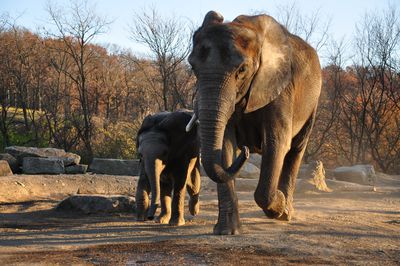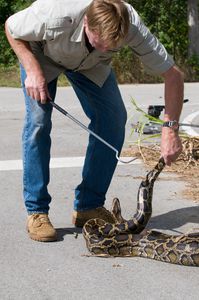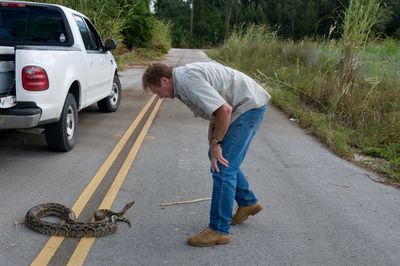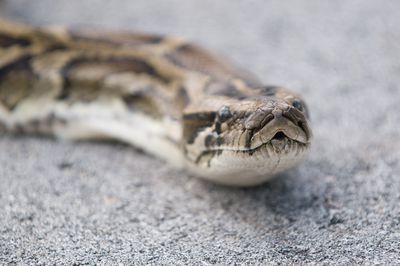The Uprising
Premieres: Southeast Asia on Oct 16 at 10:00 pm; North Asia on Dec 26 at 11:00 pm; Australasia on Nov 14 at 6:30 pm
ARE ANIMALS ON THE REVOLT? ANIMAL PLANET'S THE UPRISING INVESTIGATES
A recent spate of attacks by animals in the wild has caused many to wonder if something strange is prompting animals to suddenly go on the offensive. Are these dangerous and deadly attacks random events or part of an emerging pattern? Could something more significant and more calculated be going on? Find out on Animal Planet's two-hour special THE UPRISING.
Animal Planet's THE UPRISING explores the possibility of an animal uprising with dramatic reenactments, first hand accounts, and commentary by animal experts. The programme features surprising examples and emerging patterns of animal aggression and asks the question - is the animal kingdom out for blood? Narrated by Richard Belzer, THE UPRISING closely examines cases involving fatal interactions between animals and humans. From feral dogs to cougars, coyotes to pythons, monkeys to elephants, creatures big and small are making a deadly impact on human life. Even the traditionally amenable appear to be turning on man like never before.
In a freak accident in late 2006, Australian wildlife expert Steve Irwin was mortally wounded by a stingray. No more than six weeks later, off the coast of Florida, another deadly attack occurred involving the docile creature. Only months afterwards, a woman is hit in the face by a flying stingray and is killed instantly. In just an 18-month span, three people in three separate locations were attacked by a seemingly harmless animal. Random occurrences? Or is it possible that these outbursts are deliberate acts of retribution against mankind?
With increasing encounters between people and wildlife, wild animals' natural instinct to flee is becoming desensitised. Humans have had a dramatic impact on the habitats and lives of the creatures but what if the animals have had enough? If it turns out that apparently random incidents are indeed deliberate acts of aggression, should we be surprised - and more importantly, can we blame them?
Some of the media you are attempting to download are from Networks that limit downloads to 5 per day.



